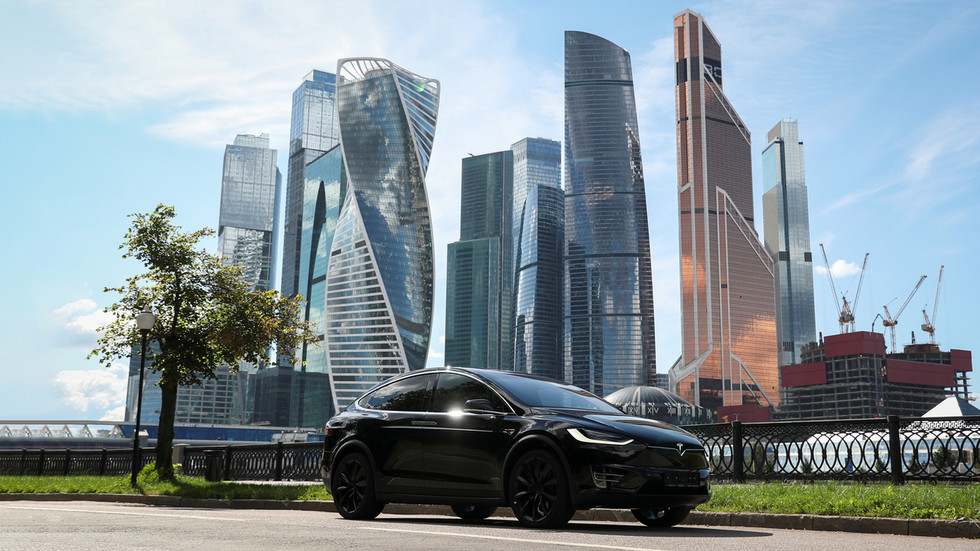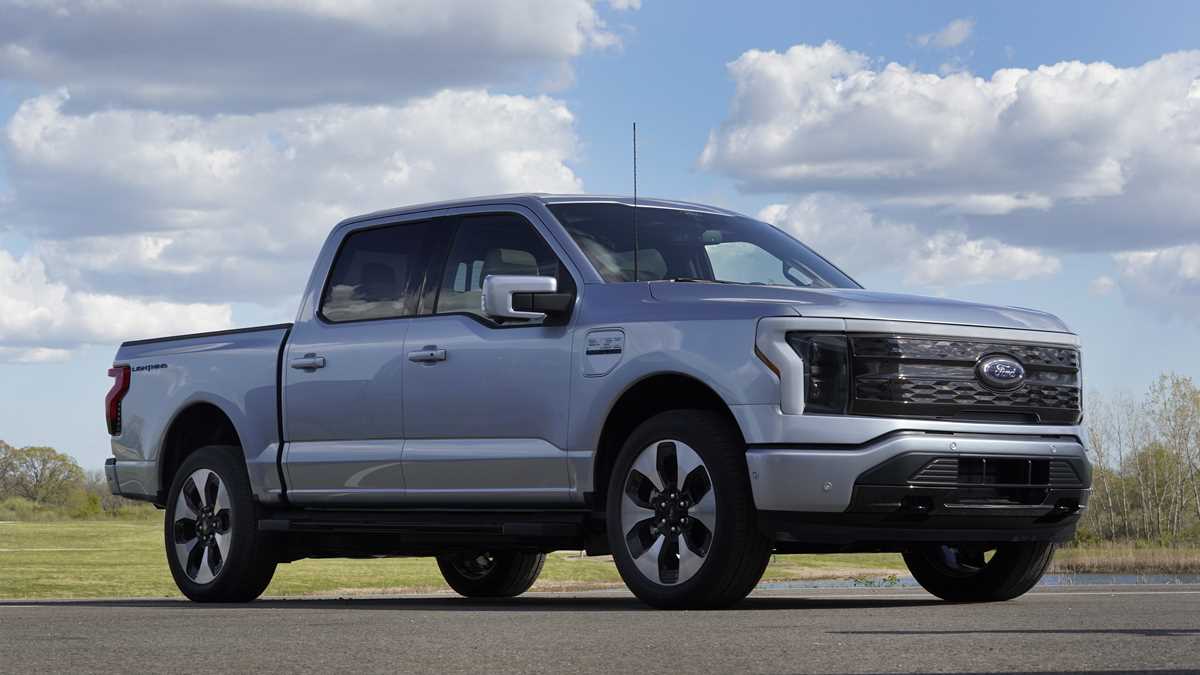- An accident report commissioned by Tesla draws two serious scenarios for the factory in Grünheide. On the one hand, according to the current state of planning, it is possible for gas clouds to form in the halls that could explode and trigger fires.
- In addition, toxic irritant gases could form that could attack the respiratory tract of employees and residents who live in the vicinity of the factory premises.
- This is the result of joint research by Business Insider and the ZDF magazine “Frontal21”. The accident report is available to both editorial teams.
Elon Musk had a sense of achievement shortly before his departure in the middle of this week. The State Office for the Environment has given its factory in Grünheide what is now the 14th provisional permit, and the car manufacturer is now allowed to set up machines for the final assembly of vehicles in the factory halls. Although the factory has not yet been finally approved, it is pulled up in no time by the many temporary green lights from the control authority - and is almost finished.
That could now become a problem. A disruption report commissioned by Tesla and drawn up by the engineering company Müller-BBM from Hamburg gives the factory and the car manufacturer a disastrous testimony. Based on the chemicals and substances used, the report discusses the likelihood of scenarios that could lead to serious accidents. Two in particular are particularly relevant.
Exploding clouds of gas
The experts sketch out a scenario in which a container in the paint shop, from which the liquid n-butyl acetate leaks, is damaged. The released liquid then spreads freely in the hall. “Evaporation from the pool with spreading in the environment or ignition and burn-off of the gas cloud is assumed. The evaporation time is assumed to be 10 minutes, ”says the report.
The experts conclude that this scenario is plausible, i.e. possible. And attest Tesla that it is not prepared for it.
Oliver Kalusch, an expert in plant safety and immission control from the Federal Association of Citizens' Initiatives Environmental Protection (BBU), finds clear words for the process: “Put simply, this is about the leakage of toxic substances that form a pool. This evaporates relatively quickly and forms a gas cloud that can explode or lead to fires. This scenario, it has to be said so harshly, can become a serious and real incident. "
Irritant gas attacks the airways
In another scenario, it is assumed that the chemical tetrafluoropropene escapes - not in gaseous form, but as a pressure-liquefied gas, i.e. a liquid. This could form a puddle "that spreads either unhindered or within a collecting area," says the report. It can be assumed that a puddle fire will follow and then the gases will evaporate. According to the report, the fire can produce hydrogen fluoride. This is an irritant gas that attacks people's airways. This scenario is also described as plausible in the report.
Expert Kalusch warns against this possibility. “The gas is very toxic for the employees - and possibly even for the residents. The gas cloud could leak out of the factory and reach surrounding houses. This cannot be ruled out based on Tesla's poor calculations, ”says Kalusch.
Lack of data depth, evidence and naive assumptions
Tesla had already dealt with the two risk scenarios mentioned before the report - and labeled them as very unlikely. In their report, the Hamburg experts now criticize the depth of data, lack of evidence and Tesla's rather naive assumptions - and contradict the car manufacturer. The experts demand from Tesla to completely “derive and consider” the scenarios.
Kalush doubts that Tesla will still do this. “The core problem is that Tesla is incredibly cautious about this data, which is important for the safety of the factory, the employees and the surrounding communities - or does not calculate it conservatively enough, but basically assumes the best case. I venture a prognosis: If Tesla does not make fundamental improvements, it will not do anything with the final approval ”.
Kalusch had already submitted a statement on behalf of the BBU in January in which he and colleagues had already taken up and criticized the two scenarios mentioned. The experts commissioned by Tesla take up his opinion in their analysis and support it. Kalusch calls for the Tesla factory to be classified as an “upper-class operating area”, that is, one in which numerous dangerous substances are used. The classification would force Tesla to submit a lengthy, detailed safety plan to prevent possible accidents.



